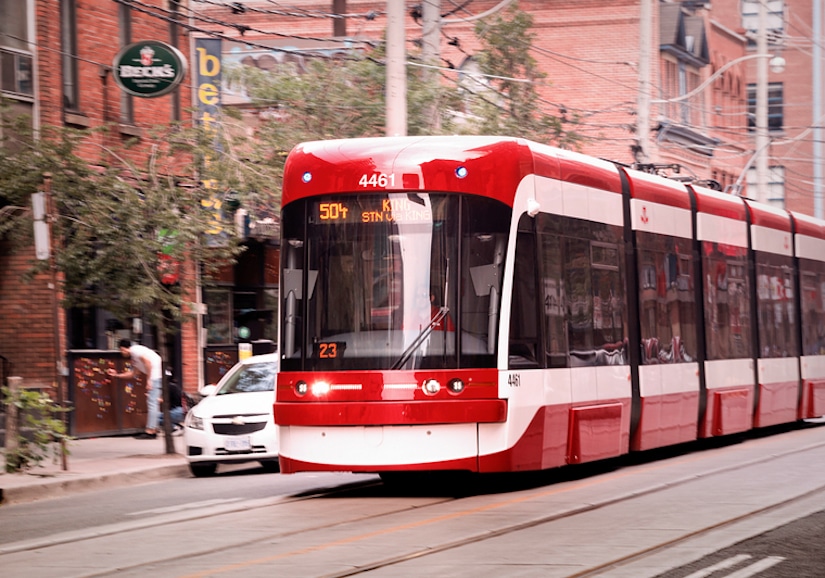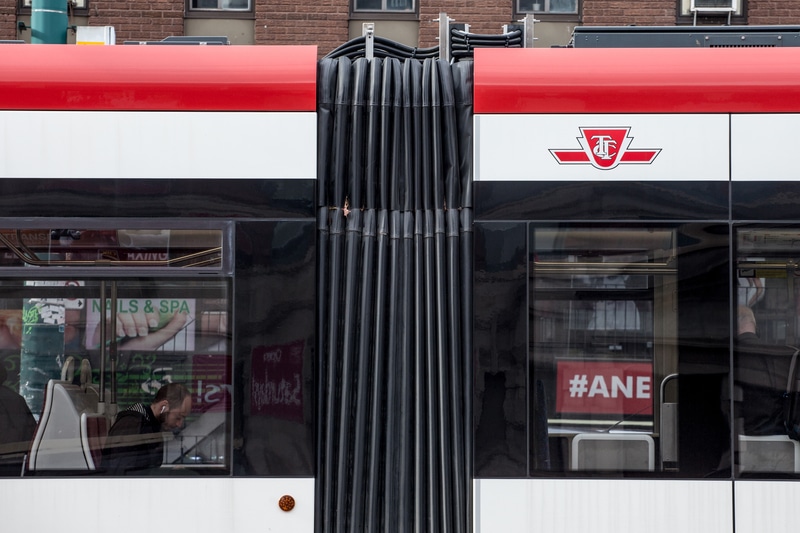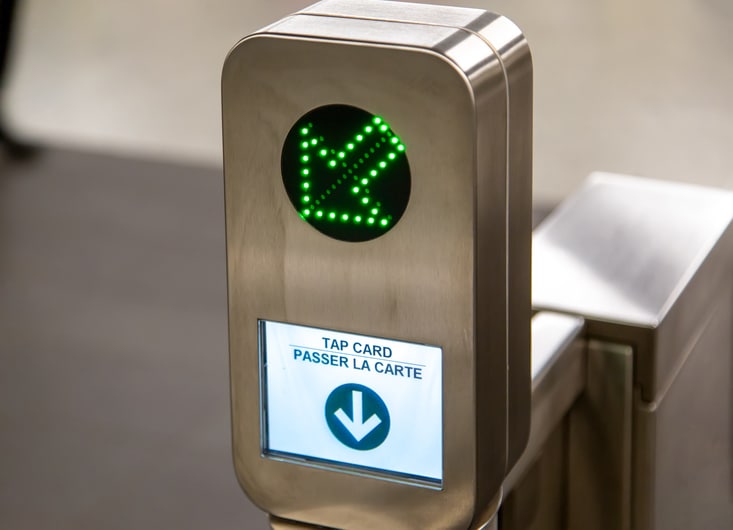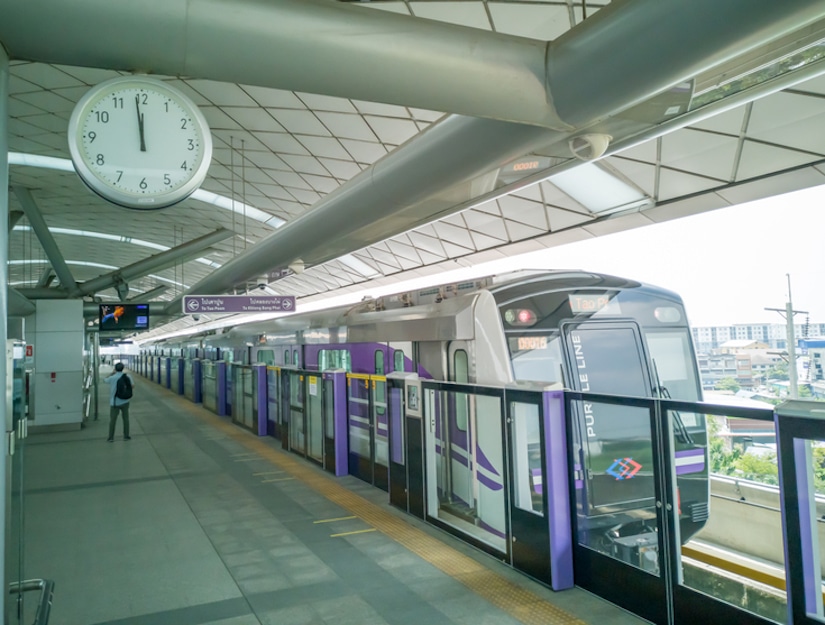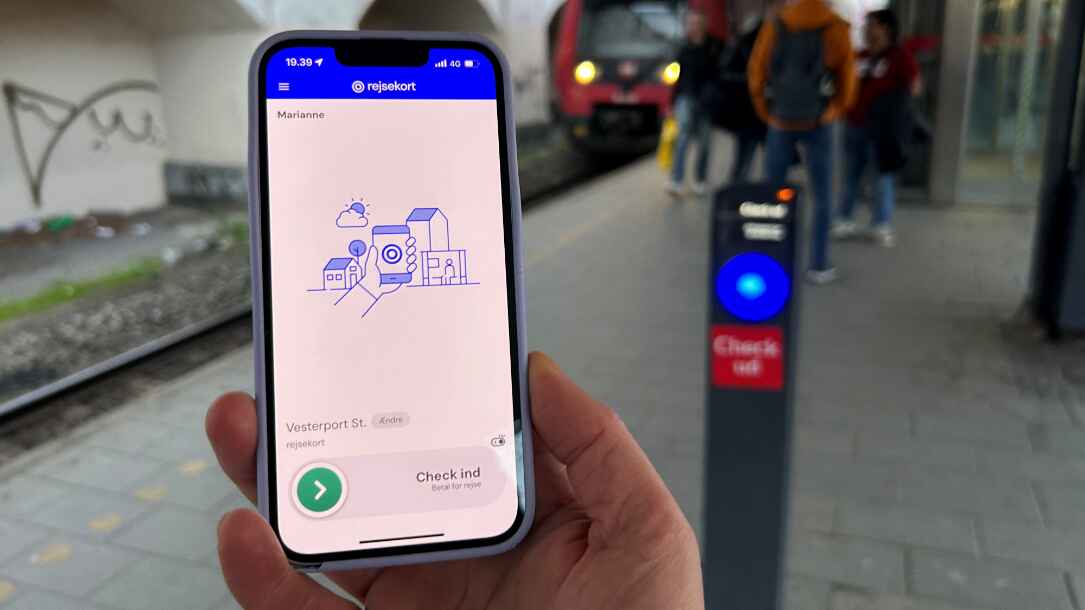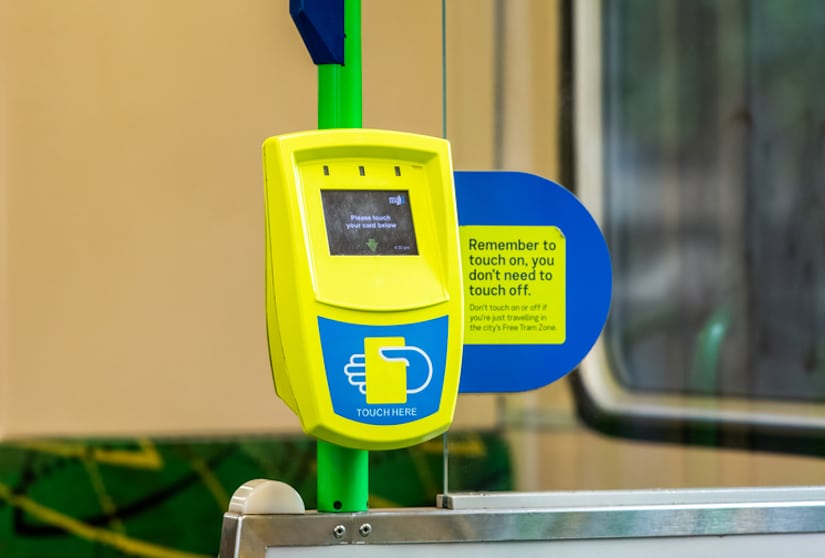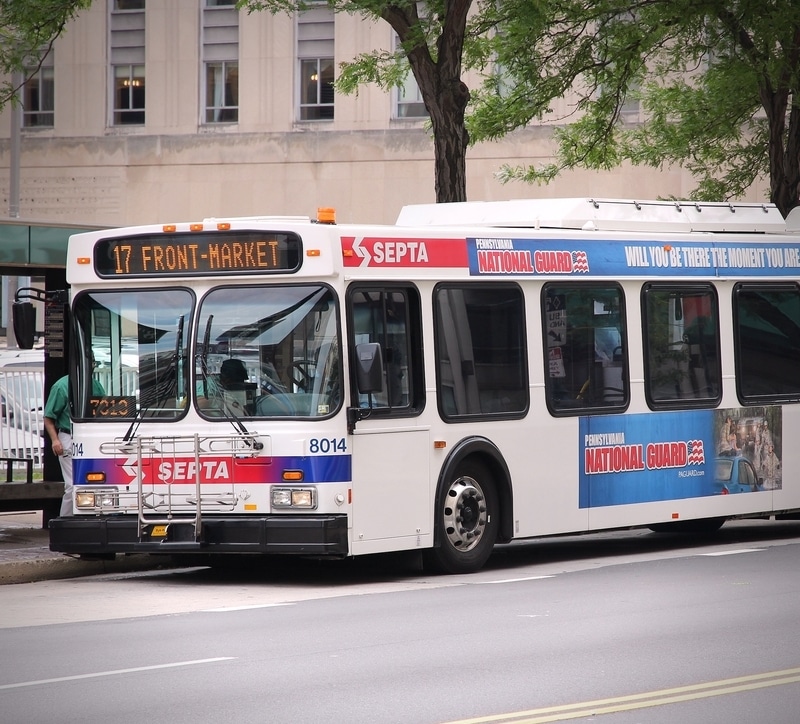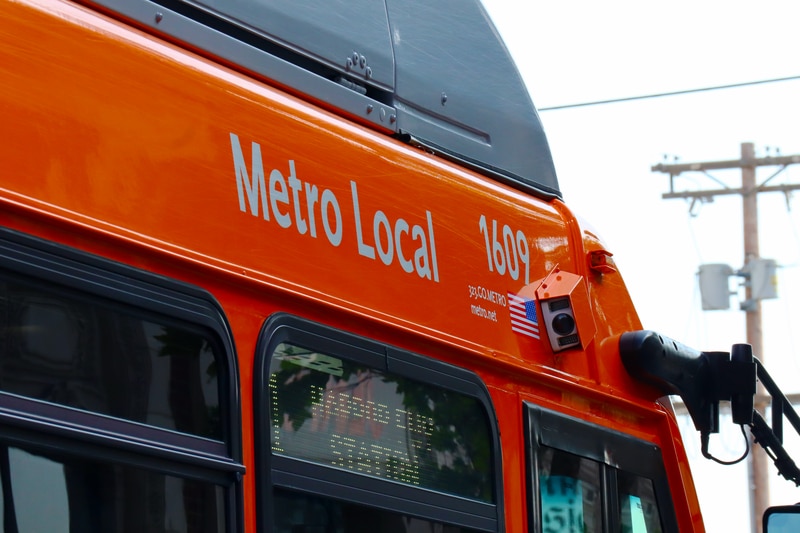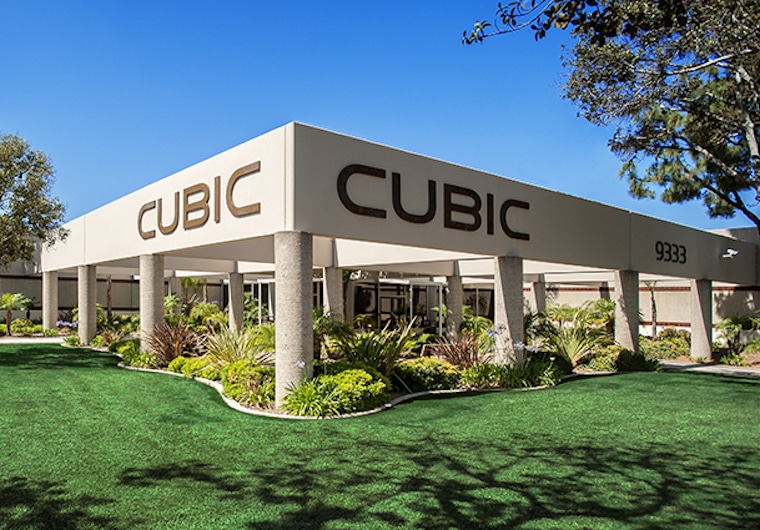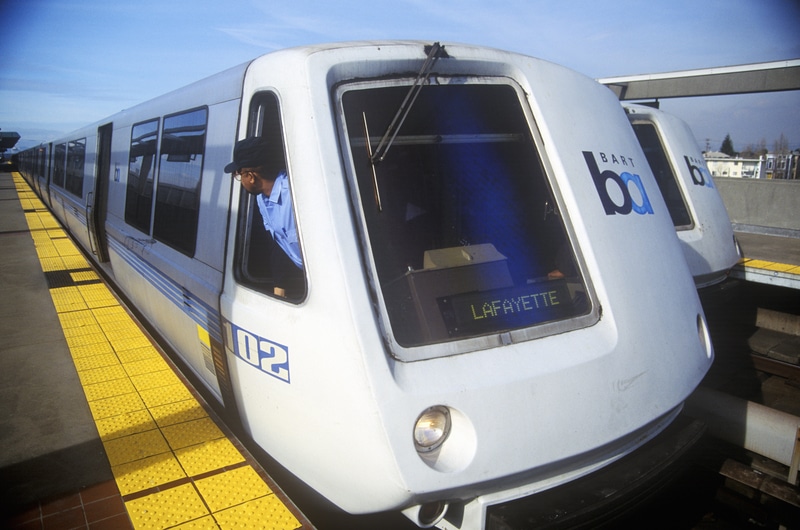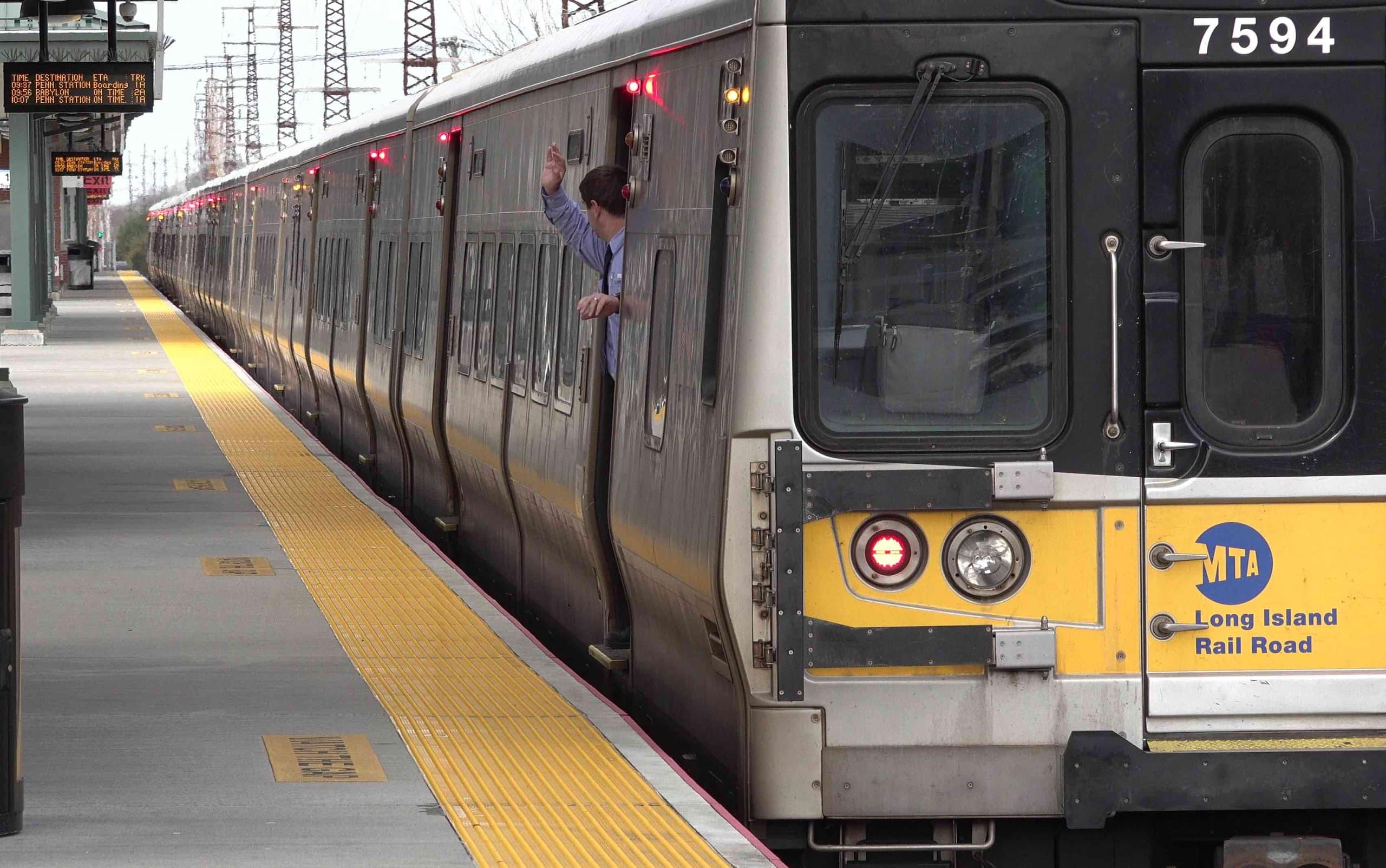
Article Highlights
Toronto transit agency Metrolinx Thursday launched acceptance of open-loop credit payments on its commuter service GO Transit, along with three suburban bus operators, while upgrading its UP Express airport rail line from a pilot to a full open-loop launch. Most of the new services support lesser-used contactless credit, not Interac Flash debit.
Neither TransLink nor STL in Laval promotes open loop over their respective closed-loop cards. And, so far, open loop makes up fewer than 2% of total trips for each agency.
• Metrolinx
• TTC (Toronto)
• GO Transit
• UP Express
• TransLink (Vancouver)
• STL (Laval)
• Accenture
• STM
Toronto transit agency Metrolinx Thursday launched acceptance of open-loop credit payments on its commuter service GO Transit, along with three suburban bus operators, while upgrading its UP Express airport rail line from a pilot to a full open-loop launch.







